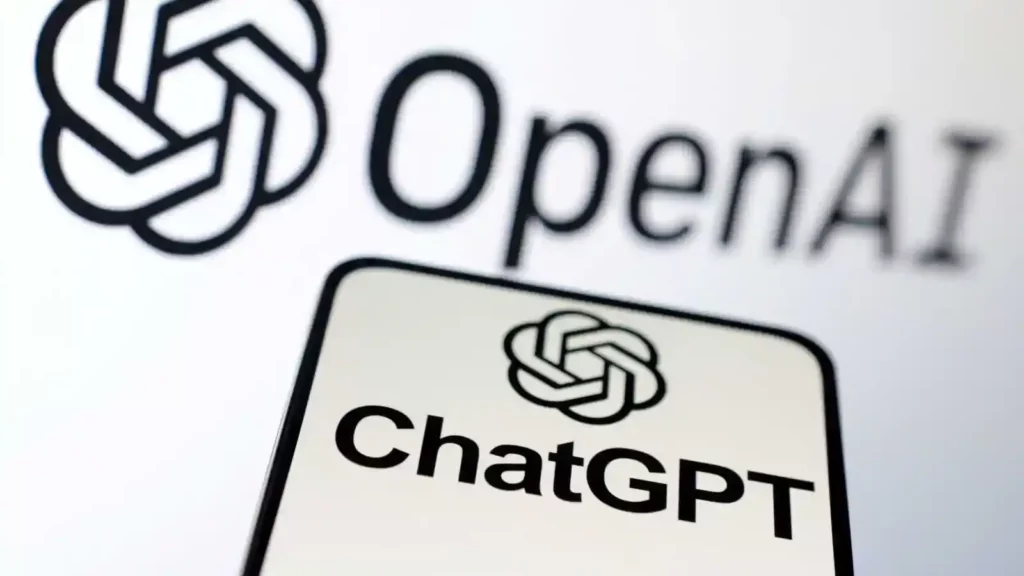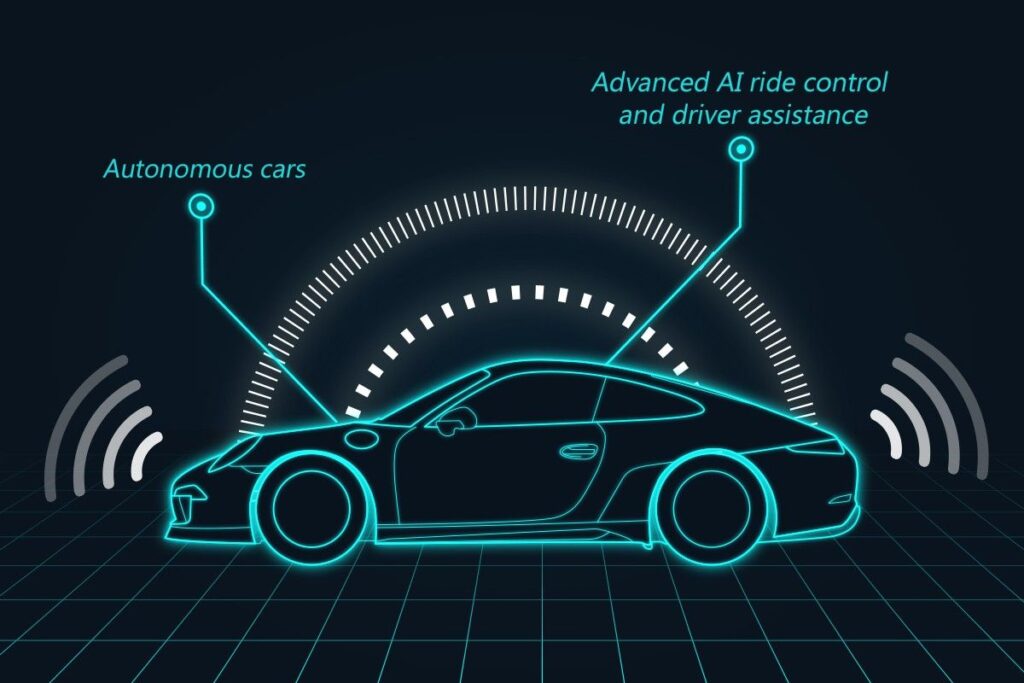Conversations on how to regulate Artificial Intelligence(AI) in Ghana have already started as a motion is pending in Parliament favored by legislators who have expressed interest in its use in the country.
The MPs emphasized the enormous benefits offered by AI technologies but stressed the need for its regulation to ensure they are used in a manner that aligns with appropriate objectives.
The MPs think the future will be bleak for the country if the workings of AI technologies are not regulated and so they are calling for the establishment of an artificial intelligence council in Ghana.
The legislators alluded that those who worked on AI are beginning to worry about the potential and so it is an opportune time for the country to consider what kind of architecture, legal or regulatory to limit the most dangerous parts of AI.
However, some actors in the AI field have called for an adequate understanding of the development cycle of AI for informed regulation.
They contend that it is important that before we talk about regulation, we have a very good understanding of what we seek to regulate.
AI actors believe that right from the envisioning stage to the deployment stage, there are various aspects of the development cycle of AI solutions that one needs to pay particular attention to.
Artificial Intelligence tools refer to software applications that employ algorithms based on artificial intelligence to carry out specific tasks and address various challenges.
It is the simulation of human intelligence processes by machines, especially computer systems. Specific applications of AI include expert systems, natural language processing, speech recognition, and machine vision.

Will legislation from external bodies hamper the use of AI
Actors in the field of AI believe firmly that any regulation by external bodies may hamper creativity.
Will self-regulatory by actors be beneficial?
They believe that in the case of self-regulation, right from the envisioning stage to the deployment stage, making sure they apply principles about AI solutions to ensure AI deployment is responsible.
The fear of external regulation is the stifling of creativity and becoming an obstacle as far as the positives of AI are concerned.
Already, the Responsible Artificial Intelligence Lab (RAIL) has developed a framework that serves as a basis for determining whether an AI solution is beneficial or not.
Recently, a survey conducted to induce the impact of AI on corporate Ghana’s assessment of AI was found to be low.
The assessment of Artificial Intelligence (AI) strategy and its impact on corporate Ghana found out that of the 54 companies surveyed in May 2023, only 2 answered “yes” to the question, “Has Artificial Intelligence ever been mentioned or discussed at management/board meetings?” – representing a disappointing 4%.
This stark reality indicates that most companies in Ghana are not ready to adopt AI.
These include banks, financial institutions, service providers, and about three media outlets – though IT firms were excluded.
Will an AI steal your job?
The possibility of artificially intelligent systems replacing a considerable chunk of modern labour is a credible near-future possibility.
While commonplace artificial intelligence won’t replace all jobs, what seems to be certain is that AI will change the nature of work, with the only question being how rapidly and how profoundly automation will alter the workplace.
However, artificial intelligence can’t run on its own, and while many jobs with routine, repetitive data work might be automated, workers in other jobs can use tools like generative AI to become more productive and efficient.
What are some recent examples of AI?
ChatGPT is an AI chatbot capable of natural language generation, translation, and answering questions. Though it’s arguably the most popular AI tool, thanks to its widespread accessibility, OpenAI made significant waves in the world of artificial intelligence with the creation of GPTs 1, 2, and 3.
Self-driving cars
Though the safety of self-driving cars is a top concern of potential users, the technology continues to advance and improve with breakthroughs in AI. These vehicles use machine-learning algorithms to combine data from sensors and cameras to perceive their surroundings and determine the best course of action.
Robotics
The achievements of Boston Dynamics stand out in the area of AI and robotics. Though we’re still a long way away from creating AI at the level of technology seen in the movie Terminator, watching Boston Dynamics robots use AI to navigate and respond to different terrains is impressive.
What are the different types of AI?
Artificial intelligence can be divided into three widely accepted subcategories: narrow AI, general AI, and super AI.
What is narrow AI?
Artificial narrow intelligence (ANI) is crucial to voice assistants, such as Siri, Alexa, and Google Assistant. This category includes intelligent systems that have been designed or trained to carry out specific tasks or solve particular problems, without being explicitly designed to do so.
ChatGPT is an example of ANI, as it is programmed to perform a specific task, which is to generate text responses to the prompts it is given.
What is general AI?
Artificial general intelligence (AGI), also known as strong AI, is still a hypothetical concept as it involves a machine understanding and performing vastly different tasks based on its accumulated experience. This type of intelligence is more on the level of the human intellect, as AGI systems would be able to reason and think like a human.
What is super AI?
Artificial superintelligence (ASI) is a system that wouldn’t only rock humankind to its core but could also destroy it. If that sounds straight out of a science fiction novel, it’s because ASI is a system where the intelligence of a machine surpasses all forms of human intelligence, in all aspects, and outperforms humans in every function.




